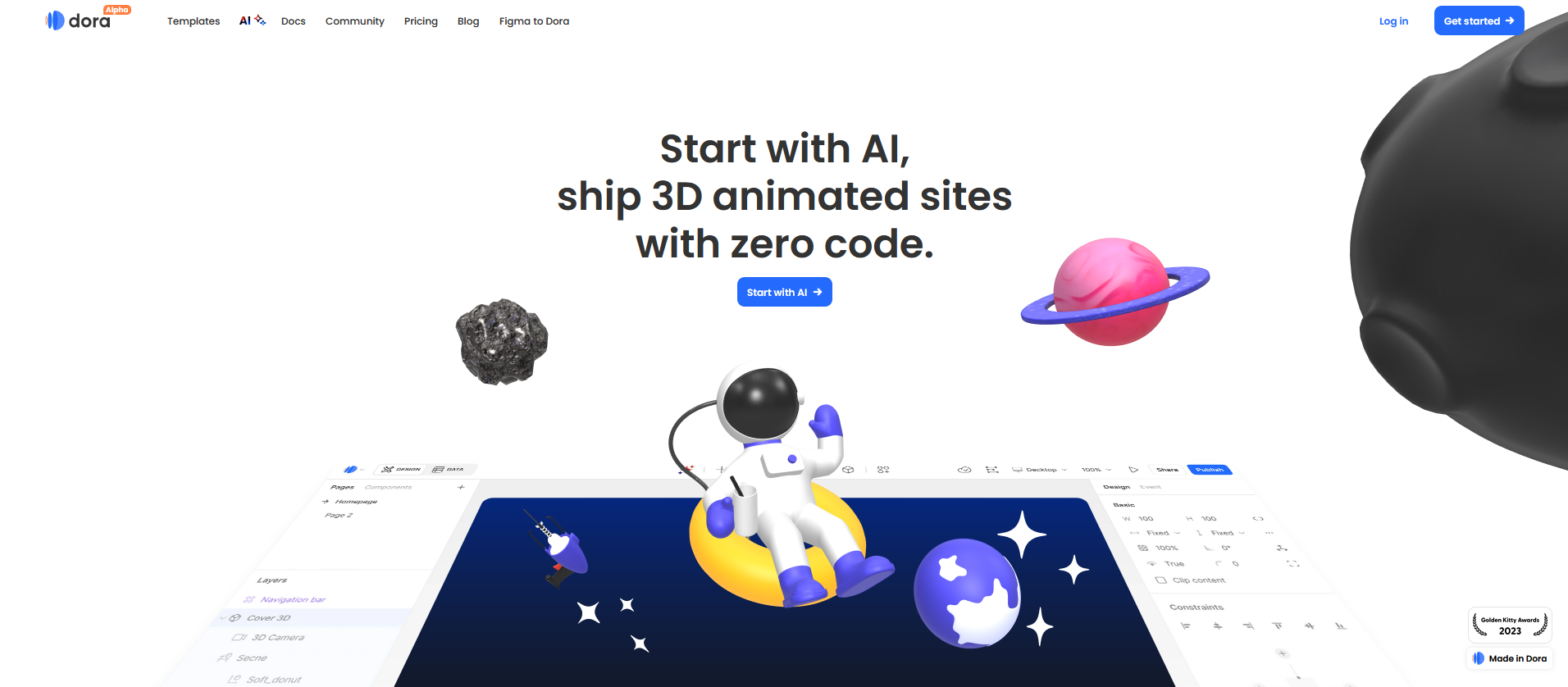The consumerization of medtech is accelerating: Amsterdam-based startup Lapsi Health has secured FDA approval for its innovative digital stethoscope, a Class IIA (medium risk) medical device. This groundbreaking tool, named Keikku—Finnish for “child”—originates from the company's commitment to enhancing the detection of childhood asthma. However, the sleek, puck-shaped device is designed to be part of a broader portfolio aimed initially at general healthcare professionals.
Lapsi Health is set to expand its offerings to include devices that support the monitoring of chronic heart and lung conditions, leveraging advanced acoustic processing and integrated sensors. One exciting future product, called Ilo, will specifically target expectant parents. When placed on the abdomen, this novel wearable will monitor the developing fetus's heartbeat and movements to provide early warnings for potential complications. The startup claims this will be a world first.
Big Acoustic Innovations
Lapsi has started with a core medical device: the stethoscope. By transitioning from a traditional analog tool to a data-driven digital platform, Keikku transforms into a comprehensive health tracker. The device integrates features familiar to tech-savvy users, such as digital sound recording, secure communication channels, and real-time data streaming. The company envisions a wide array of healthcare applications on its ambitious roadmap.
A second-generation version of the Keikku, expected by late 2025, will integrate additional sensors to enhance diagnostic capabilities. Lapsi aims to expand Keikku’s functionalities sooner through software updates, incorporating AI-based analysis, beginning with heart murmur detection—a feature already implemented in competitor Eko’s digital stethoscope since 2022. Lapsi is currently seeking FDA clearance for this feature through the 510(k) process, hopeful for approval by year-end, paving the way for additional enhancements in the future. Co-founder and CEO Jhonatan Bringas Dimitriades notes the inherent extensibility of their core hardware.
“Our mission is to unlock health opportunities and insights through sound,” says Bringas Dimitriades, reflecting on Lapsi’s evolution since its inception in late 2021. From a tool primarily for childhood asthma tracking, the company aims to create a versatile platform catering to various healthcare needs.
“We have a patented, general-purpose hardware architecture,” he highlights, underscoring the groundwork laid by the team of physicians and engineers, which has already seen three patents granted in the EU.
Innovative Technology and User Experience
Lapsi has designed a PCB (printed circuit board) that consolidates multiple sensors into a compact chipset. It’s not just about microphones; this general-purpose hardware (GPHA) offers raw data for extensive processing. Lapsi utilizes proprietary algorithms to clean this data and prepare it for AI analysis.
The software platform analyzes biomarker data and generates medical insights to assist healthcare professionals. Lapsi also envisions making Keikku accessible to patients for remote monitoring alongside their healthcare teams.
Drawing a parallel to Tesla's strategy of commercializing advanced technology, Bringas Dimitriades notes that while Lapsi's devices will not automate diagnoses, they will enhance capabilities within a supportive care context.
The second-generation hardware will enable the new Keikku and future devices to feature advanced sensors, including not only sound capture but also photoplethysmography (PPG), accelerometers, gyroscopes, and proximity sensors. Such enhancements facilitate the gathering of optical data related to physiological signals, such as blood flow.
While Bringas Dimitriades remains tight-lipped about the datasets used to train their algorithms, he asserts they are diverse and essential for creating sound-led diagnostic tools. He emphasizes that biological variations are largely influenced by age and gender, rather than ethnic diversity.
A Modern Tool for Healthcare Professionals
The Keikku features a touch and gesture-based interface that allows seamless control without physical buttons. This design choice minimizes potential germ harboring common in traditional stethoscopes. For instance, users can adjust the volume simply by twisting the device. The stethoscope utilizes wireless charging and Bluetooth connectivity, allowing pairing with headphones. Different functions can be initiated by tapping the device.
Lapsi plans to market the Keikku directly to healthcare professionals, starting with U.S.-based practitioners. “The stethoscope is uniquely user-purchased in healthcare,” likening it to a chef’s knife. To date, Lapsi has secured 1,700 pre-orders for its device.
Despite potential concerns about users adapting to a new digital interface, Bringas Dimitriades expresses confidence in their target audience’s tech-savviness, citing the younger demographic of healthcare professionals, most of whom fall between 25 to 50 years old. Lapsi has conducted usability tests with positive outcomes.
“We’ve designed an easy-to-use medical device that fits multiple clinical scenarios,” he asserts. “It’s not just about aesthetics, technology, or sound quality; it’s the complete package.”
With a single press for sound streaming, users can initiate a telemedicine session via an encrypted connection, streamlining patient care. Bringas Dimitriades illustrates this feature’s potential to enhance diagnostic efficiency, allowing GPs to consult specialists quickly for expert opinions.
Competing in the Medtech Space
The Keikku is set to launch imminently for healthcare professionals in the U.S. at a retail price of $350, comparatively higher than traditional stethoscopes but competitive with digital alternatives like those from Eko Health, which has a longer history and more substantial funding—$165 million versus Lapsi’s $5.8 million, inclusive of scientific grants.
Looking ahead, Bringas Dimitriades plans for Lapsi to focus on a Series A funding round of $10 million by mid-2025 to fuel future developments.
In just “two years, eight months” of operation, Lapsi has accomplished impressive advancements, a feat credited to its skilled team blending medtech and consumer health expertise. Its engineering lead, Toni Leinonen, was previously involved in creating the Oura health-tracking ring.
With ambitious goals, Lapsi aims to provide the most comprehensive monitoring solutions for heart and lung conditions. As with any medical technology, timelines depend on FDA approvals, especially for more novel applications like fetal monitoring, which Lapsi projects will take until 2026 for clearance.
Once AI-powered features for Keikku, such as heart murmur detection and respiratory sound analysis, receive approval, the company is ready to implement updates quickly.
“By mid-2025 or the third quarter, we aim to have three algorithms ready for the Keikku platform, with the second-generation model launching by the end of 2025,” he adds.






